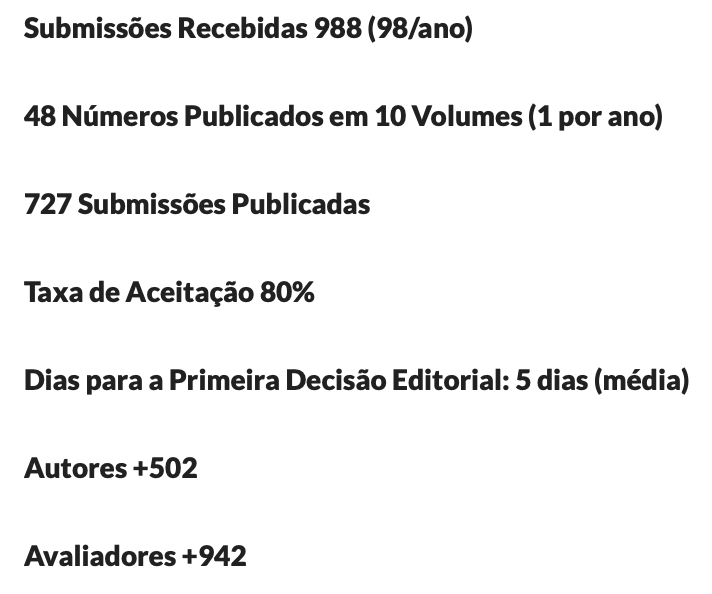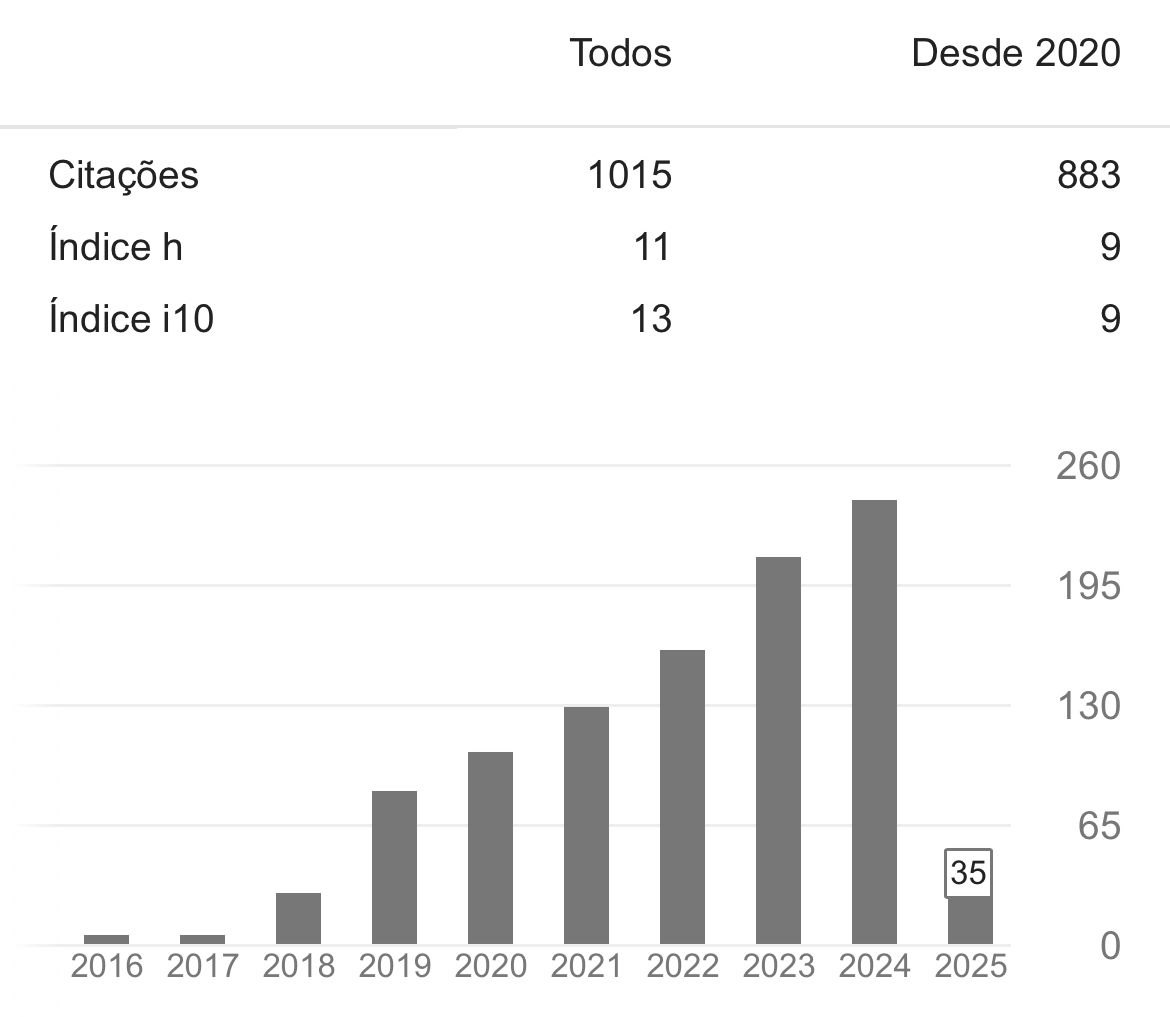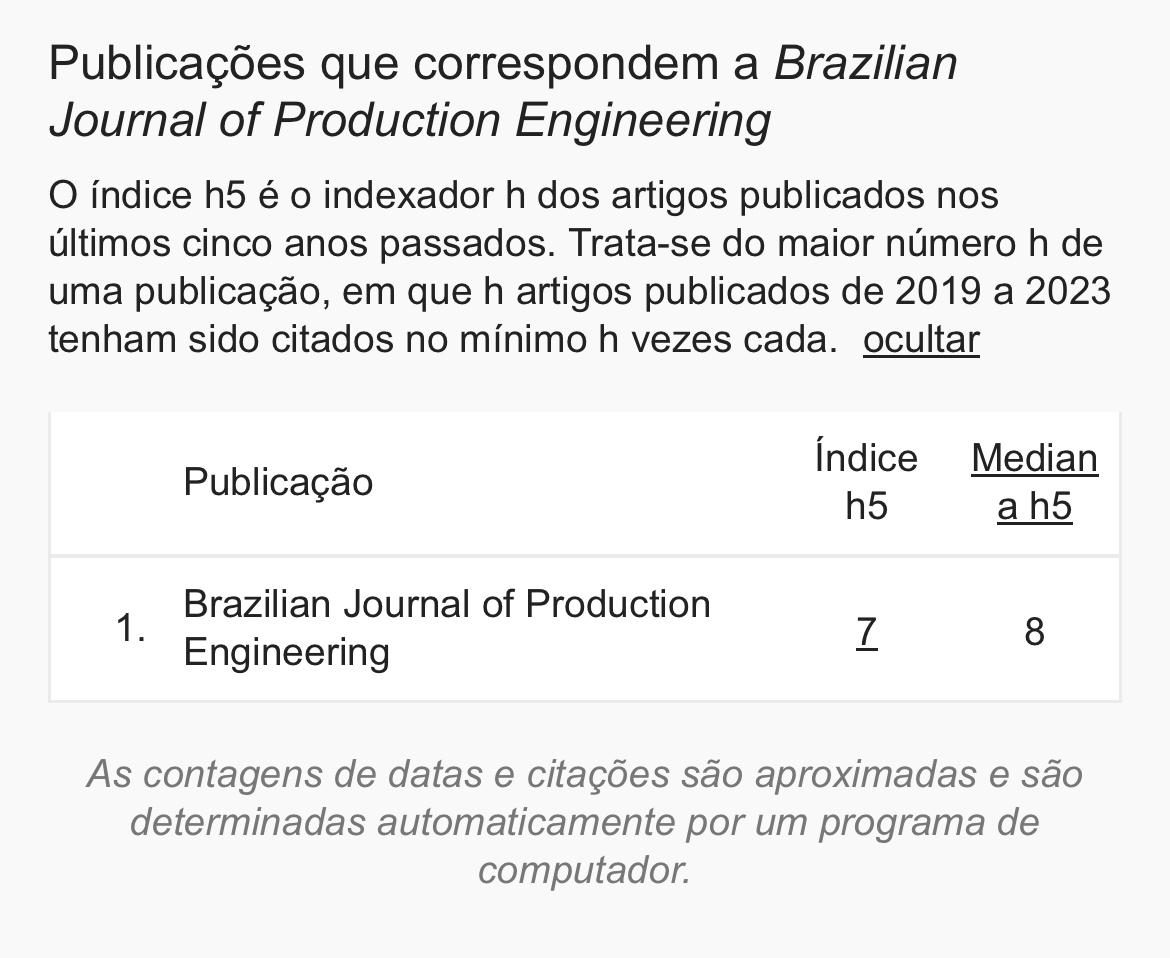Application of a knowledge discovery model in the age of Big Data
DOI:
https://doi.org/10.47456/bjpe.v7i3.35743Keywords:
Product Development, Knowledge Discovery, Big Data, Social NetworkAbstract
The ease and evolution of technological access has been responsible for the speed and volume with which data is produced. As a result, scenarios, opportunities and challenges arise that favor decision-making and help the product development process (PDP). Therefore, the present work developed the model called MDC-PDP (Knowledge Discovery Model in the Product Development Process), aiming to support the knowledge discovery in the product development process. To support the model, traditional methodologies associated with Big Data demands were used. To illustrate its application, this model was applied in the application domain of the fashion industry. The model showed that efforts made in the early understanding of the data, can contribute to the extracted data being less comple. Another evidence is the dissociation between volume and data value, as the data value is not tied to its volume. Finally, the MDC-PDP also contributed to obtaining useful and new knowledge in the development of fashion collections, making it possible to apply the model in other application domains.
Downloads
References
Asamoah, D. A., & Sharda, R. (2015). Adapting CRISP-DM Process for Social Network Analytics: Application to Healthcare. Twenty-First Americas Conference on Information Systems, Puerto Rico, 2015, (Mdd), 1–12.
Begoli, E., & Horey, J. (2012). Design Principles for Effective Knowledge Discovery from Big Data. Proceedings of the Joint Working IEEE/IFIP Conference on Software Architecture and European Conference on Software Architecture, Helsinki, Finland, 2012. 215–218. https://doi.org/10.1109/WICSA-ECSA.212.32
Davenport, T. (2014). Big data at work: dispelling the myths, uncovering the opportunities. Harvard Business Review Press.
Fayyad, U., Piatetsky-Shapiro, G., & Smyth, P. (1996). From Data Mining to Knowledge Discovery in Databases. AI Magazine, 17(3), 37. https://doi.org/10.1609/aimag.v17i3.1230
Gantz, J., Reinsel, D., & Shadows, B. D. (2012). The Digital Universe in 2020. IDC iView “Big Data, Bigger Digital Shadows, and Biggest Growth in the Far East,” 2007(December 2012), 1–16.
Halvorsen, K., Hoffmann, J., Coste-Manière, I., & Stankeviciute, R. (2013). Can fashion blogs function as a marketing tool to influence consumer behavior? Evidence from Norway. Journal of Global Fashion Marketing, 4(3), 211–224. https://doi.org/10.1080/20932685.2013.790707
Hashem, I. A. T., Yaqoob, I., Anuar, N. B., Mokhtar, S., Gani, A., & Ullah Khan, S. (2015). The rise of “big data” on cloud computing: Review and open research issues. Information Systems, 47, 98–115. https://doi.org/10.1016/j.is.2014.07.006
Kaisler, S., Armour, F., Espinosa, J. A., & Money, W. (2013). Big data: Issues and challenges moving forward. In System Sciences (HICSS), Proceedings of the Hawaii International Conference, HI, USA, 46.
Li, J., Tao, F., Cheng, Y., & Zhao, L. (2015). Big Data in product lifecycle management. The International Journal of Advanced Manufacturing Technology, 81(1–4), 667–684. https://doi.org/10.1007/s00170-015-7151-x
Manyika, J., Chui, M., Brown, B., Bughin, J., Dobbs, R., Roxburgh, C., & Byers, A. H. (2011). Big data: The next frontier for innovation, competition, and productivity. McKinsey & Company. Retrieved from https://www.mckinsey.com/~/media/McKinsey/Business%20Functions/McKinsey%20Digital/Our%20Insights/Big%20data%20The%20next%20frontier%20for%20innovation/MGI_big_data_exec_summary.pdf
McAfee, A., & Brynjolfsson, E. (2012). Big Data. The management revolution. Harvard Buiness Review, 90(10), 61–68. https://doi.org/10.1007/s12599-013-0249-5
Milonas, E. (2011). Wittgenstein and web facets. NASKO, 3(1), 33–40.
Piatetsky, B. G. (2014). CRISP-DM, still the top methodology for analytics, data mining, or data science projects. Retrieved from http://www.kdnuggets.com/2014/10/crisp-dm-top-methodology-analytics-data-mining-data-science-projects.html
Rabelo, E., Dias, M., Franco, C., & Pacheco, R. C. S. (2008). Information visualization: Which the most appropriate technique to represent data mining results? Proceedings of the International Conference on Computational Intelligence for Modelling Control and Automation, CIMCA 2008, Vienna, Áustria. (pp. 1228–1233). https://doi.org/10.1109/CIMCA.2008.139
Schröer, C., Kruse, F., & Gómez, J. M. (2021). A Systematic Literature Review on Applying CRISP-DM Process Model. Procedia Computer Science, 181, 526-534.
Shiri, A. (2014). Making sense of big data: A facet analysis approach. Knowledge Organization, 41(5), 357–368. Retrieved from http://www.scopus.com/inward/record.url?eid=2-s2.0-84913553153&partnerID=tZOtx3y1
Wu, X., Zhu, X., Wu, G.-Q., & Ding, W. (2014). Data mining with big data. IEEE Transactions on Knowledge and Data Engineering, 26(1), 97–107. https://doi.org/10.1109/TKDE.2013.109
Zhang, Y., Ren, S., Liu, Y., & Si, S. (2017). A big data analytics architecture for cleaner manufacturing and maintenance processes of complex products. Journal of Cleaner Production, 142, 626–641. https://doi.org/10.1016/j.jclepro.2016.07.123
Zhuang, Y., Wang, Y., Shao, J., Chen, L., Lu, W., Sun, J., … Wu, J. (2016). D-Ocean: an unstructured data management system for data ocean environment. Frontiers of Computer Science, 10(2), 353–369. https://doi.org/10.1007/s11704-015-5045-6
Zikopoulos, P., Eaton, C., & et al. (2011). Understanding big data: Analytics for enterprise class hadoop and streaming data. McGraw-Hill Osborne Media.
Downloads
Published
How to Cite
Issue
Section
License
Copyright (c) 2021 Brazilian Journal of Production Engineering - BJPE

This work is licensed under a Creative Commons Attribution-NonCommercial-ShareAlike 4.0 International License.

















































































